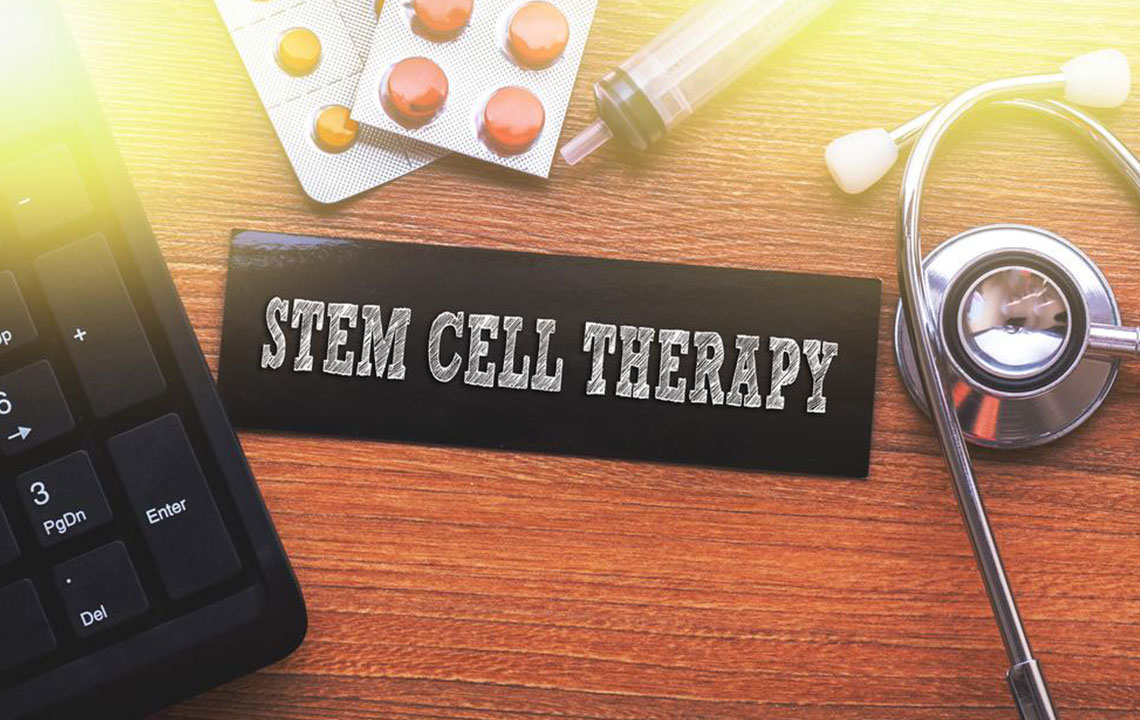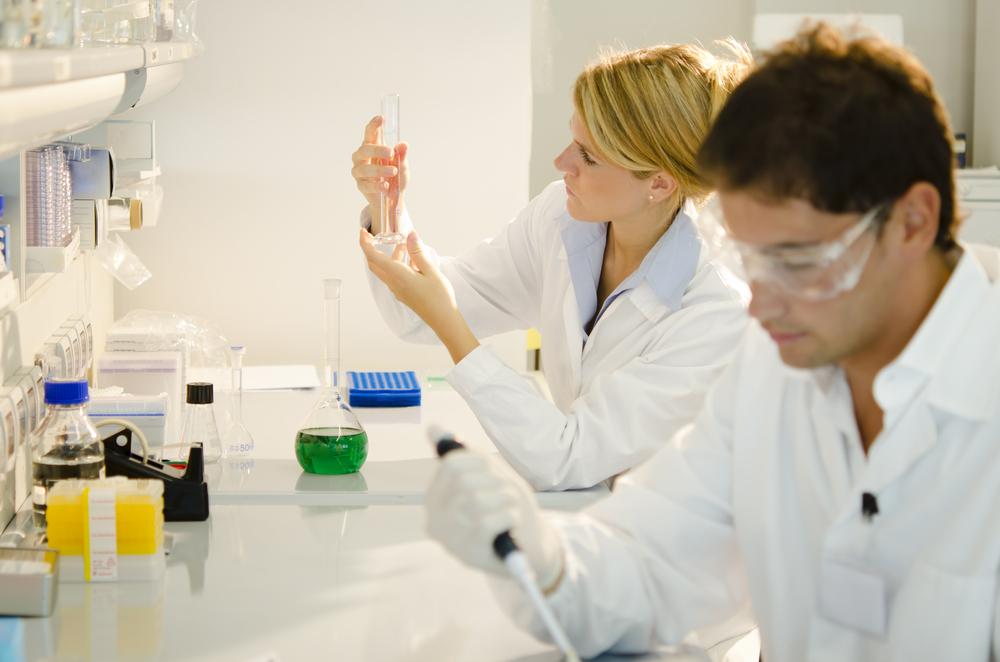Emerging Advances in Stem Cell Research and Regenerative Medicine
Recent advancements in stem cell research and regenerative medicine are transforming healthcare by developing ethical, effective treatments for diseases like Alzheimer’s, Parkinson’s, and diabetes. Highlights include the use of induced pluripotent stem cells, tissue engineering, and groundbreaking clinical trials. These innovations aim to revolutionize regenerative therapies, overcoming past ethical hurdles and paving the way for personalized, organ replacement solutions. With ongoing research and technological progress, the future of stem cell medicine promises pervasively improved patient outcomes and new hope for those with currently incurable conditions.

Emerging Advances in Stem Cell Research and Regenerative Medicine
Recent years have witnessed remarkable progress in the field of stem cell research, driven by innovative techniques, scientific breakthroughs, and evolving ethical standards. Stem cells, known for their unique ability to differentiate into various specialized cell types, are at the forefront of regenerative medicine, offering potential cures for a wide range of chronic and degenerative diseases. This progress not only reflects scientific ingenuity but also highlights how the field is overcoming previous ethical dilemmas associated with embryonic sources, paving the way for safer and more ethically acceptable therapies.
Stem cell therapies have historically triggered ethical debates, particularly concerning the use of embryonic stem cells derived from early-stage embryos. However, recent technological advancements have introduced alternative sources and methods, significantly reducing moral concerns. Induced pluripotent stem cells (iPSCs), for example, can be generated from adult cells, thus eliminating the need for embryonic material. This shift has opened vast possibilities for patient-specific therapies, reducing immune rejection issues, and increasing treatment efficacy.
The scope of stem cell research has expanded rapidly, with scientists focusing on developing tissue and organ replacements. These breakthroughs promise revolutionary treatments for a range of diseases including Alzheimer’s disease, diabetes, Parkinson’s disease, and even lung injuries. Researchers are working tirelessly to create lab-grown tissues and organs that can be transplanted into patients, minimizing reliance on donor organs and tackling the transplant shortage crisis.
Furthermore, scientists are exploring numerous alternative sources of stem cells, such as umbilical cord blood, placental tissues, and adult stem cells found in bone marrow and adipose tissue. The versatility of these sources offers promising avenues for treatment development, with ongoing studies demonstrating their potential to regenerate damaged tissues and restore organ functions. The development of these techniques not only enhances our understanding of human biology but also accelerates the advent of personalized medicine.
Induced pluripotent stem cells (iPSCs) have been one of the most groundbreaking innovations, allowing researchers to reprogram adult somatic cells back into a pluripotent state. This discovery has been instrumental in circumventing the ethical issues related to embryonic cells and has broadened the scope of research funding and public acceptance. iPSCs enable the creation of patient-specific cell lines, reducing the risk of rejection and increasing the chance of successful regenerative treatments. Advances in gene editing, such as CRISPR, combined with stem cell technology, further accelerate the development of targeted therapies.
Historical context shows that stem cell research has long been a complex yet promising field. Since the 1980s, scientific efforts have driven rapid advancements, from early experiments involving embryonic cell cultures to the cloning of animals like Dolly the sheep. These pioneering efforts laid the groundwork for current research and ethical guidelines, established by organizations worldwide. Efforts by government agencies and scientific institutions, including significant funding and policy support from US presidential administrations, have propelled the field forward.
Recent studies from Germany and other research hubs have provided crucial insights into how regulation and scientific ethics can coexist while fostering innovation. Breakthrough research includes generating specialized cells such as blood and cardiac cells, which are essential for developing therapies for blood disorders, heart disease, and other critical conditions. These regenerative strategies promise to revolutionize treatment paradigms, shifting the focus from symptom management to actual tissue repair and regeneration.
In addition to these scientific advances, ongoing clinical trials are testing the safety and efficacy of stem cell-based therapies. These trials are critical for translating laboratory research into routine clinical practice. Promising results so far indicate that stem cell treatments could soon become mainstream for conditions like stroke recovery, spinal cord injuries, and degenerative diseases, boosting hope for millions of patients worldwide.
As the field continues to evolve, researchers remain committed to addressing remaining challenges, such as ensuring cell safety, preventing tumor formation, and achieving reliable cell differentiation. Innovations in bioprinting and tissue engineering are also contributing to the development of complex organ structures, which could someday eliminate organ transplant waiting lists altogether. The synergy between scientific discovery, technological development, and ethical oversight will be crucial in realizing the full potential of stem cell therapies in the coming decades.
Innovations Redefining Regenerative Medicine
Since the 1980s, stem cell science has experienced rapid evolution, overcoming ethical challenges through revolutionary methods like induced pluripotent stem cells. Starting with early fertilization experiments and pioneering funding from U.S. presidents, the field has gained momentum, leading to the creation of cloned blastocysts and comprehensive ethical guidelines established in 2008. Recent research from Germany emphasizes the regulatory frameworks and scientific breakthroughs shaping the future of regenerative medicine, including generating blood, heart, and neural cells for therapeutic purposes. These innovations are set to redefine disease treatment strategies, offering hope for millions suffering from chronic conditions.





